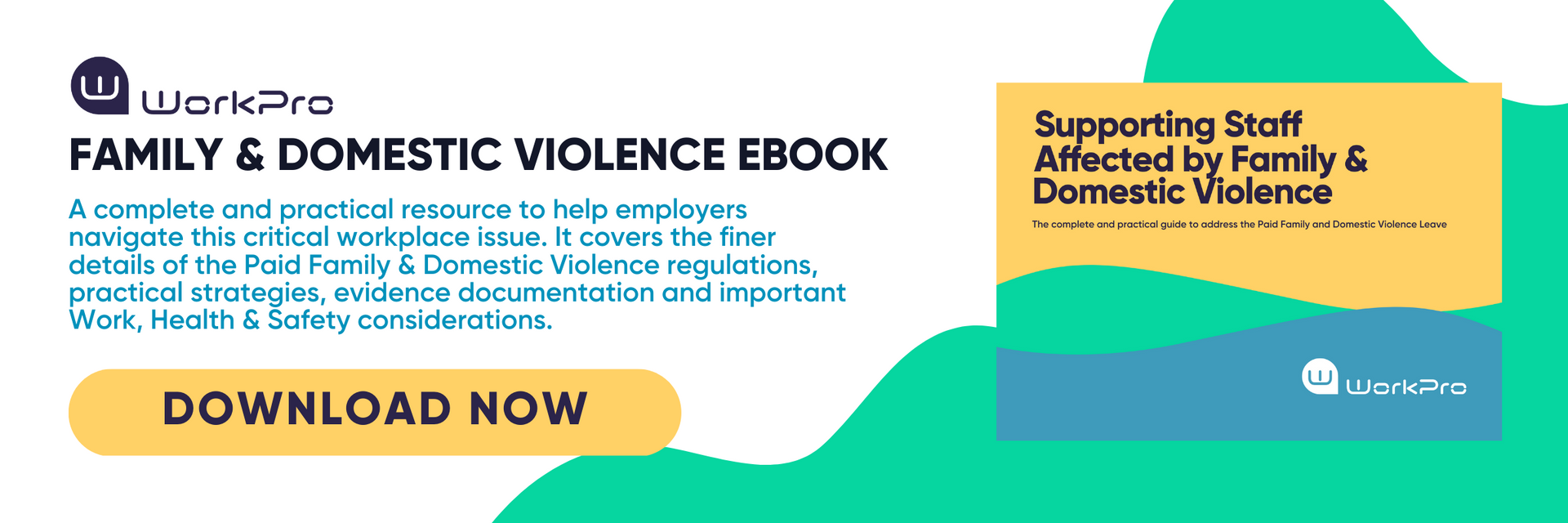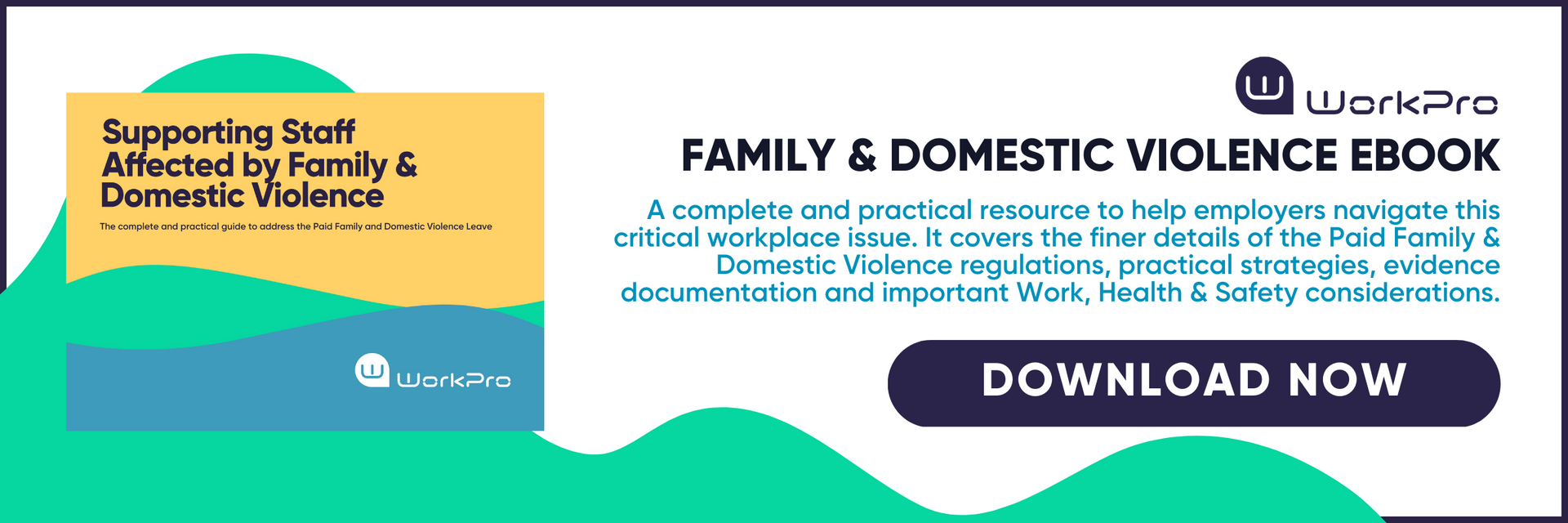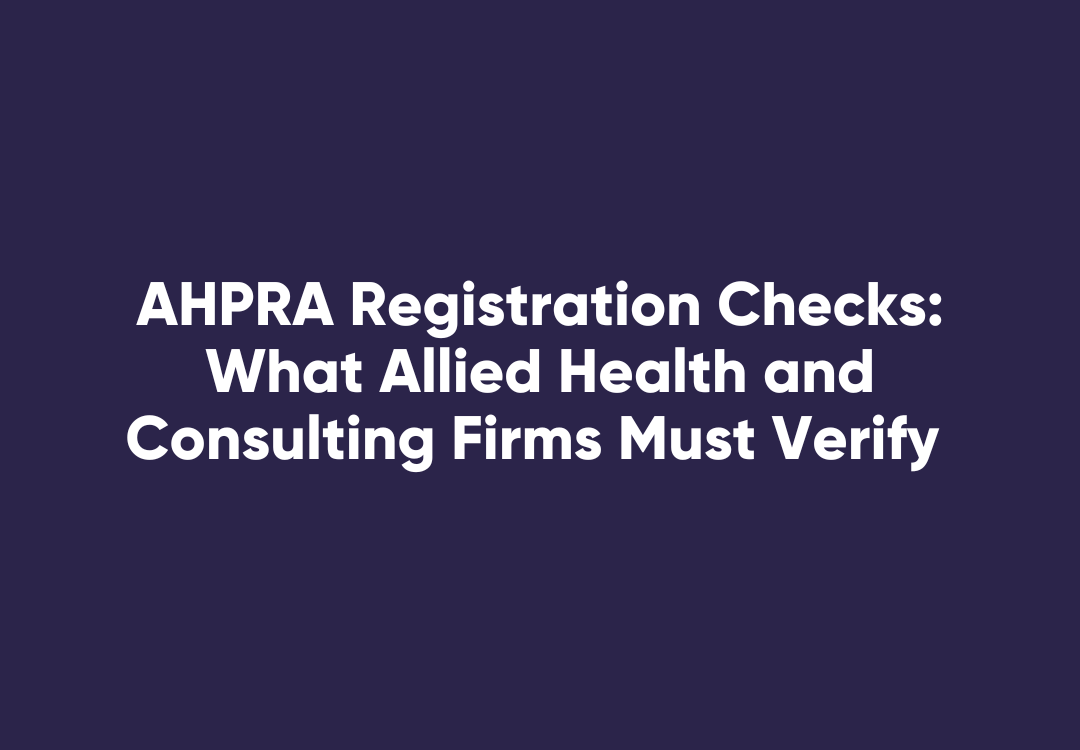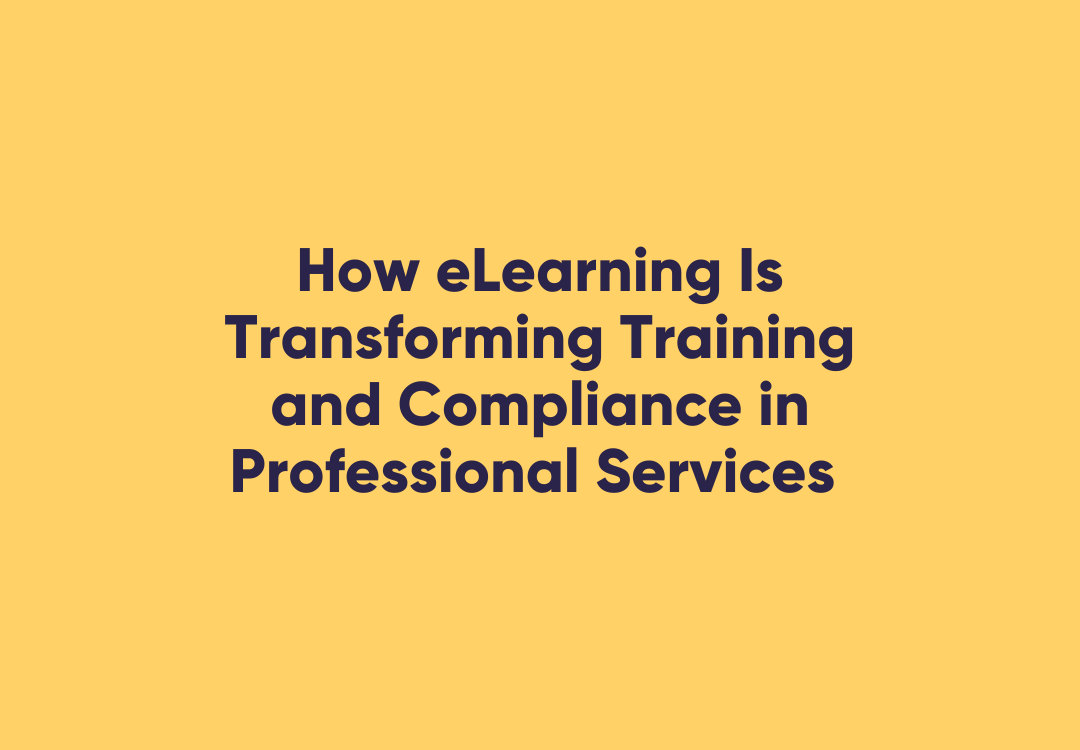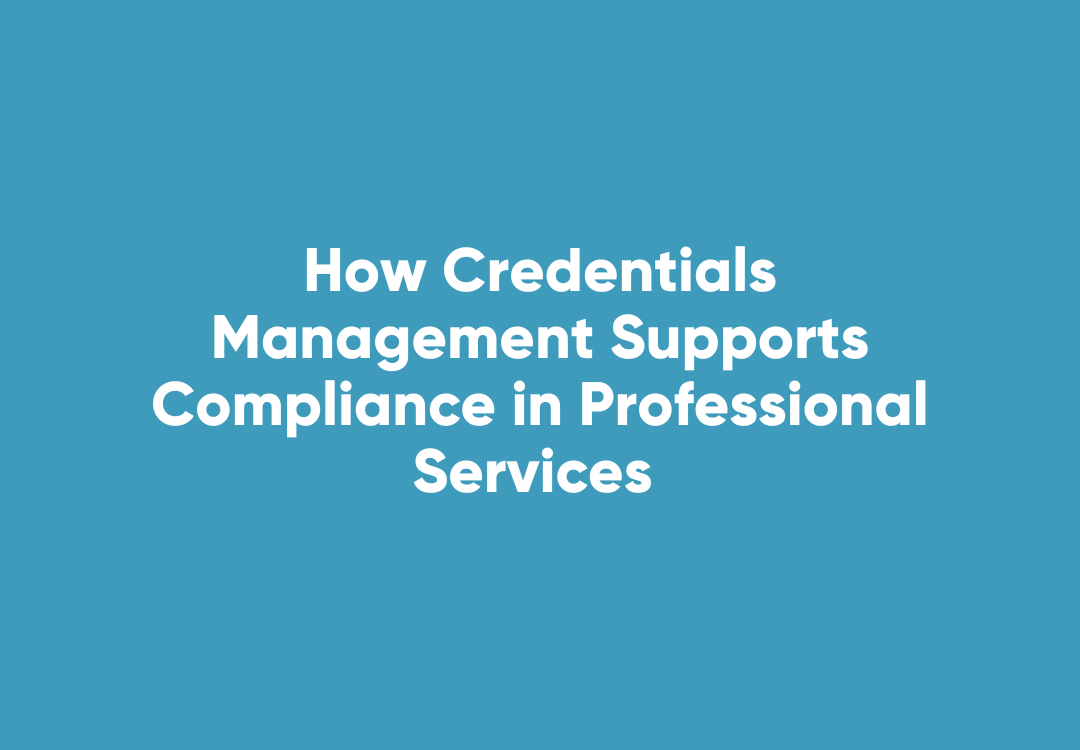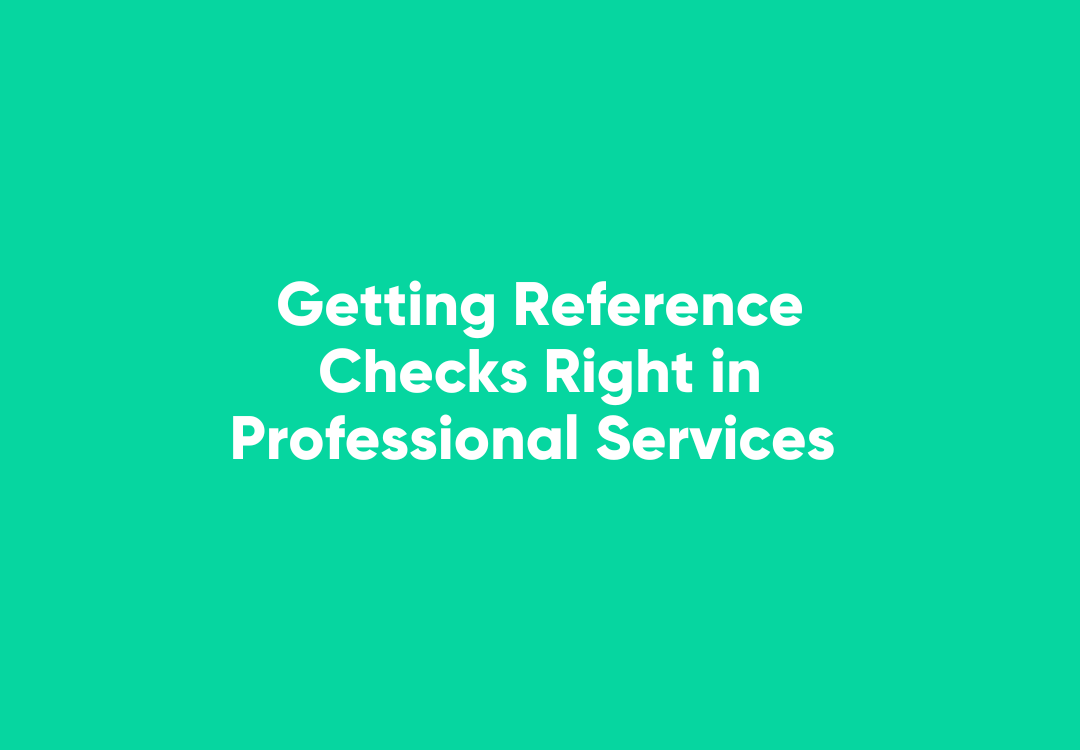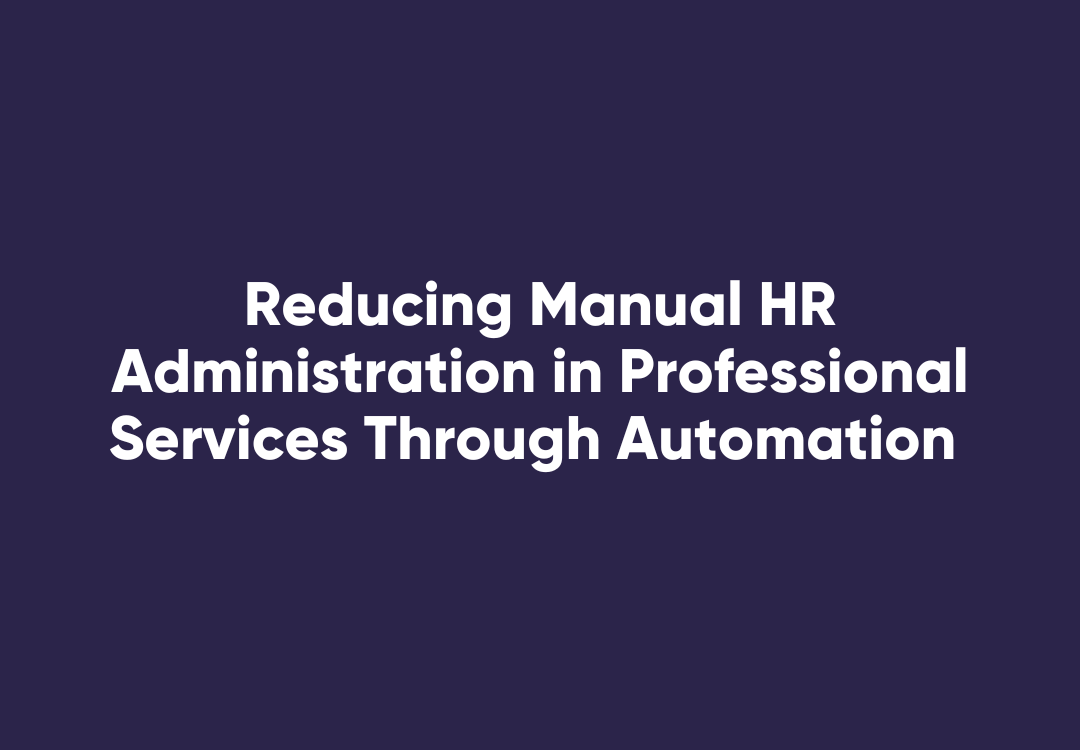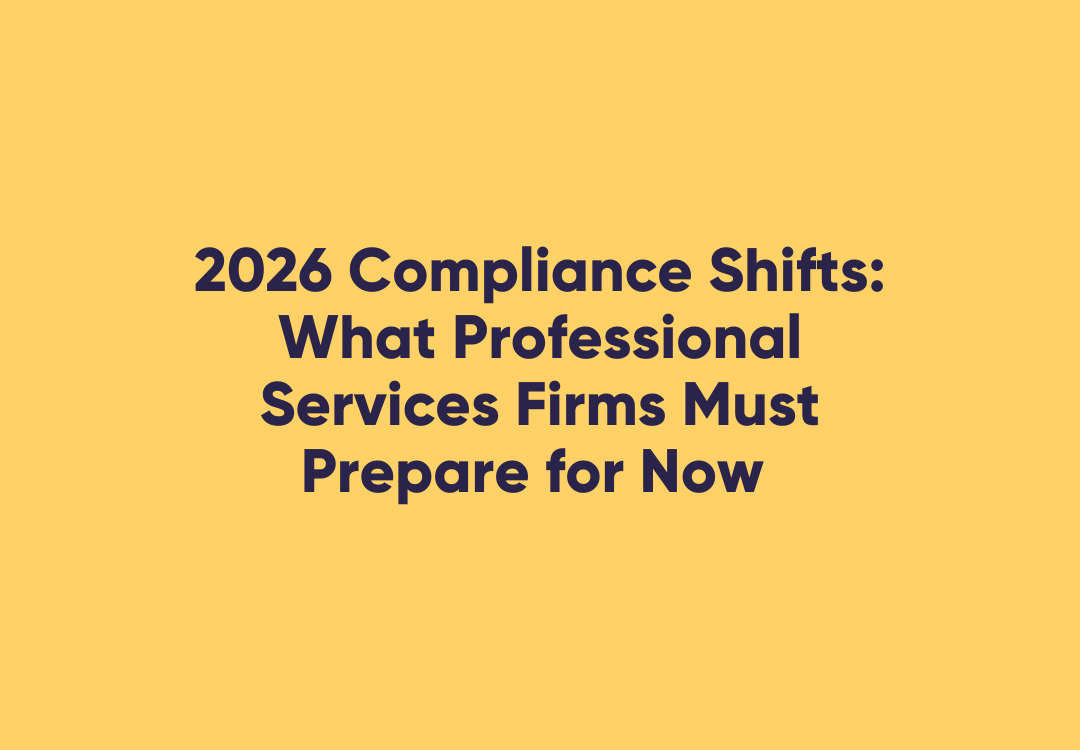Your Questions Answered about the new Paid Family & Domestic Violence Regulations
Earlier this month, WorkPro hosted Lawyer and subject matter expert Georgie Chapman from HRLegal for an informative webinar covering the new updates to Paid Family & Domestic Violence Leave regulations that started to take effect on February 1st 2023.
The webinar covered the finer details of the updated FDV regulations and laid out a number of things that businesses need to implement to effectively administer and navigate this complex compliance requirement while ensuring employees dealing with this issue are thoroughly supported. In case you missed it, you can watch the webinar here.
The session prompted a lot of conversation in the chat from various HR professionals who raised some crucial questions around this regulation and the requirements they need to meet. We saw a lot of common threads in the questions, so we collaborated with HRLegal to get all of the answers you need on the important topic.
Here are some of the most common questions we received:
- What documentation does an employee need to provide to claim FDV leave?
In a FDV situation, discretion should be exercised when requesting evidence for leave purposes, however, employers have a right to request evidence of the leave taken.
Types of evidence may include:
- A statutory declaration or affidavit: This is a written statement, made under oath, that outlines the details of the family and domestic violence the employee has experienced.
- Documentation from a medical practitioner, nurse practitioner, or registered psychologist: This may include a medical certificate, letter, or report that confirms the employee has been affected by family and domestic violence and requires leave.
- Documentation from a social worker, family counsellor, or domestic violence support service: This may include a letter or report that confirms the employee has been affected by family and domestic violence and requires leave.
- A copy of a family violence order, an injunction, or other court order: This is a legal document that has been issued by a court and that confirms that the employee is affected by family and domestic violence.
However, employers can also exercise their discretion not to require evidence, depending on the circumstances.
- Do the new regulations require an increase in Duty of Care by employers to provide a safer workplace?
Employers have a duty to provide employees with a safe workplace (as far as reasonably practicable). This has not changed on account of the introduction of paid leave. It is important to emphasise that the ‘workplace’ can also include working from home.
- How should Paid Family & Domestic Violence leave be categorised or displayed when it comes to payroll or payslips?
When recording leave on a payslip, the Fair Work Regulations recommends recording the leave as ordinary hours of work, or another kind of payment for performing work, such as an allowance, bonus or overtime pay to minimise the prospect that a perpetrator may discover leave has been taken.
In parallel, employers need to record leave taken in a separate confidential record.
- Would the 10 days of Paid Family & Domestic Violence leave be applicable if the victim takes a day for mental health and not visiting a health service or financial institution?
Employees can take FDV leave if they need to do something to deal with the impact of family and domestic violence which cannot be done during work hours. Usually ‘mental health days’ are taken as personal leave.
Fair Work Australia notes “An employee can use paid family and domestic violence leave during a period of paid personal/carer’s or annual leave. If this happens, the employee is no longer on the other form of paid leave and is taking paid family and domestic violence leave instead. The employee needs to give their employer the required notice and evidence.”
- In regard to labour hire employees, is this leave to be paid by the labour hire business or the host organisation?
As labour hire employees are employed by the labour-hire business, employees are not deemed to be employees of the host organisation. As the employer, the labour hire business is responsible for ensuring employees receive their minimum entitlements, such as FDV leave.
- How long do employees, contractors or casuals need to be employed before they can access Paid Family & Domestic Violence leave?
FDV leave accrues automatically upon commencement of employment. Employees who start on or after the date that the paid leave entitlement becomes available at their new workplace can access the full 10 days from their first day. Genuine independent contractors are not entitled to paid FDV leave.


